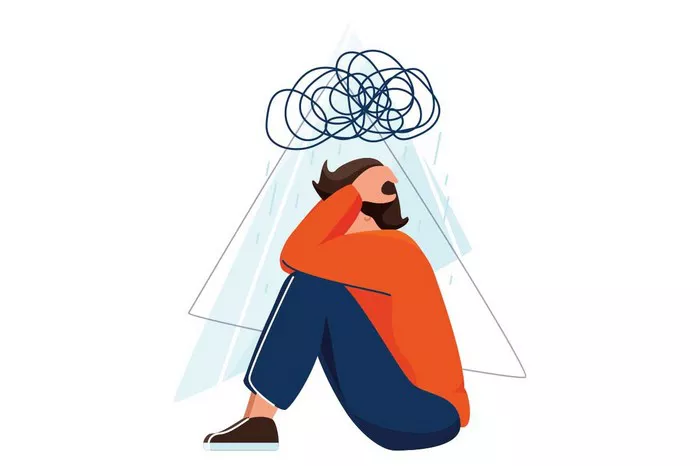North Carolina — The North Carolina Department of Health and Human Services (NCDHHS) has partnered with Hazel Health to provide virtual mental health services to nearly 400,000 students across the state. Supported by UnitedHealthcare, this initiative is part of a broader plan to offer school-based teletherapy to up to one million students across multiple states.
The program, which will launch in March 2025, will first be available in Harnett County Schools and Durham Public Schools, covering nearly 30% of North Carolina’s K–12 student population. The rollout will continue as more school districts join in the coming weeks. Students in participating schools will be able to access licensed therapists via telehealth, with sessions available before, during, or after the school day.
Program Goals and Early Access
The initiative is designed to eliminate several key barriers to mental health care, including cost, transportation issues, and the shortage of mental health providers. By offering services within the school setting, the program aims to connect students with early mental health intervention and support.
Dev Sangvai, Secretary of NCDHHS, emphasized the importance of services like school-based telehealth in improving access to mental health care. He said:
“Services like school-based telehealth are critical to improving access to mental health care because they meet children and families where they are with the care they need. We look forward to partnering with our public schools and Hazel Health to further the department’s ongoing work to transform North Carolina’s mental health system and create better outcomes for children and families.”
According to NCDHHS data, over one-third of high school students and nearly one-third of middle school students in North Carolina report feeling sad or hopeless, pointing to significant unmet mental health needs.
Support from State and National Partners
Kelly Crosbie, director of the NCDHHS Division of Mental Health, Developmental Disabilities, and Substance Use Services, highlighted the critical gap in mental health services for many children in schools. She noted that expanding access to care through schools could help improve not only mental health but also academic performance, social relationships, and long-term development.
Hazel Health, which operates in 18 states, has seen positive results from its virtual therapy programs. A third-party evaluation by Clemson University found that 75% of students in Hazel’s therapy program experienced clinically significant reductions in symptoms of depression and anxiety after an average of six sessions. In addition, 68% of students showed improvements in school attendance following participation in the program.
Anita Bachmann, CEO of UnitedHealthcare Community Plan of North Carolina, underscored the importance of school-based healthcare in addressing barriers such as transportation and time limitations. She expressed pride in collaborating with NCDHHS and Hazel Health to ensure students have access to the critical mental health services they need.
A Collaborative Public-Private Effort
Andrew Post, President of Hazel Health, highlighted the value of this cross-functional, public-private partnership in North Carolina, which is committed to ensuring all students have access to mental health support. He explained that prioritizing student wellbeing and health not only boosts academic achievements but also lays the foundation for lifelong success.
This initiative marks a significant step toward addressing mental health challenges faced by students in North Carolina and across the country, with an emphasis on early intervention and care in a school setting. The partnership aims to help students thrive both in and out of the classroom, contributing to long-term success.


